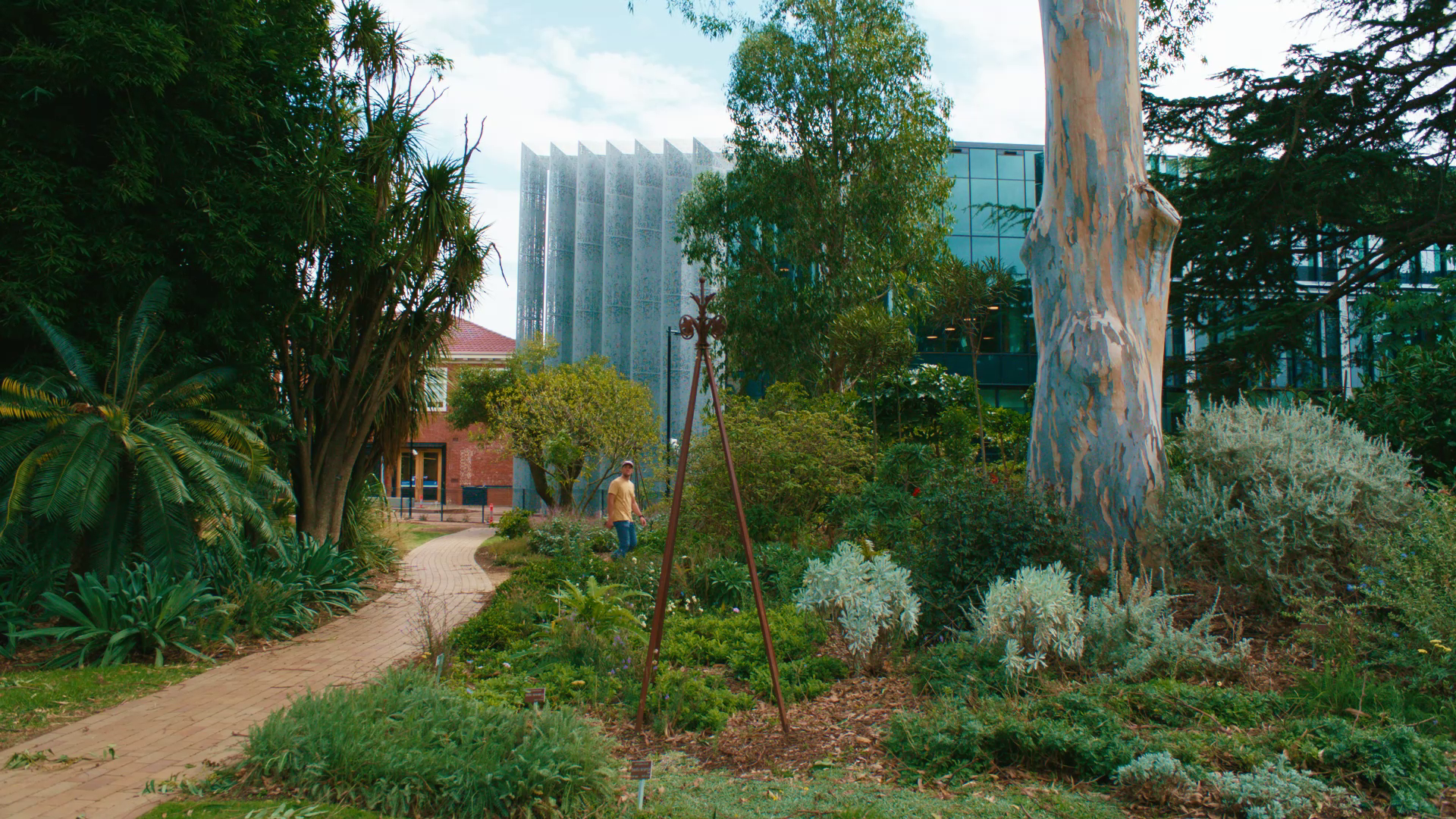2019 CURATORIAL STATEMENT
Talking Mirrors
Cities, like dreams, are made of desires and fears, even if the thread of their discourse is secret, their rules are absurd, their perspectives deceitful, and everything conceals something else.
Italo Calvino – Invisible Cities
It may seem obvious to suggest that the cities we inhabit today are different from those of the past. Despite the seeming persistence of their spaces and architectures, cities are not static things. They are shaped by us as much as we are by them – a social product of our memories, our stories, our aspirations and our conflicts. Contemporary experiences of cities are increasingly complex – disjointed in both space and time by technologies that increase the speed and scope of connectivity between people and places. Many experiences of the urban environment are characterised by the bombardment of the senses by messages that compete for our attention, divorcing our minds from the spaces of our embodiment. This is a world dominated by media representations, and it is in this digital world of images that we conduct many of the interactions that shape the physical world.
Screens are the interface through which we interact with mediated environments in the sense of our communications about places and our physical interactions within spaces of cities themselves. Media entrepreneur Kevin Kelly has identified that it is these screen devices that are beginning to give us a glimpse into the next big tech platform. The Mirrorworld he argues will move the internet “off screens into the real world” into a “shared, persistent place that will parallel the real world”, where “we’ll be able to search physical space as we might search a text”. For many, this image of the future has been inspired by the dream of the author Jorge Luis Borges who, in the 1950s, imagined an empire in which cartography could produce an omniscient and objective reflection of reality.
The idea of the map as a reflection of territory has been criticised by many notable thinkers such as Korzybski, Magritte, McLuhan, Baudrillard, and Deleuze; who identify the subjective and political ideas that underpin them. Representations of places are increasingly experienced through digital platforms whose software algorithms shape the content that we are exposed to in competition for the valuable commodity of attention. The question that we should be asking of any representation of place (especially one that claims to “reflect” reality) should be whose reality?
In reaction to an urban environment saturated with digital media, this year’s Urban Screening aims to explore whether a screen might provide a platform for something other than Representational Space. Contributors are asked to investigate the following questions:
Can a screen be used to transform the space around it?
Can a screen draw attention to people or activity in a space rather than itself?
Does a screen have to operate as a visual medium?
Can a screen disappear within a space?
Can a screen produce or enrich interaction within a physical space?
Can a screen bring people out of their lives into a space or moment? Or even direct their attention towards the notion of place? (Rather than a representation of place?)
Hidden Processes Made Visible
Architectural processes and discourses are often invisible to those not directly involved in the profession, rendering the public grateful recipients/unwilling victims of ‘done deals’. The Urban Screening aims to increase the public awareness of some of these processes by providing a platform for local and international architects, artists, and researchers to communicate their practice to not just a wider audience, but to those who are directly influenced by the outcomes of their work. As our attention is drawn towards smartphones and computer monitors, film and animation have become valuable media for architects and designers to communicate issues and ideas that are relevant to our experience of the urban environment.
Exhibiting nightly from 15 November – 15 December
Sunday – Wednesday 8pm, Thursday – Saturday 10pm,
Perth Cultural Centre Screen.[/vc_column_text][vc_masonry_media_grid element_width=”6″ gap=”15″ grid_id=”vc_gid:1575951729654-1836d0fd-f307-1″ include=”1145,1144,1142,1146″][/vc_column][/vc_row]
